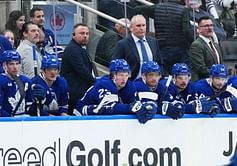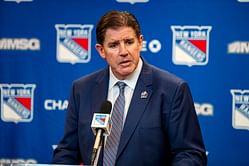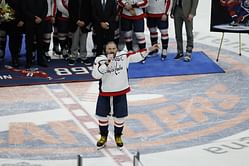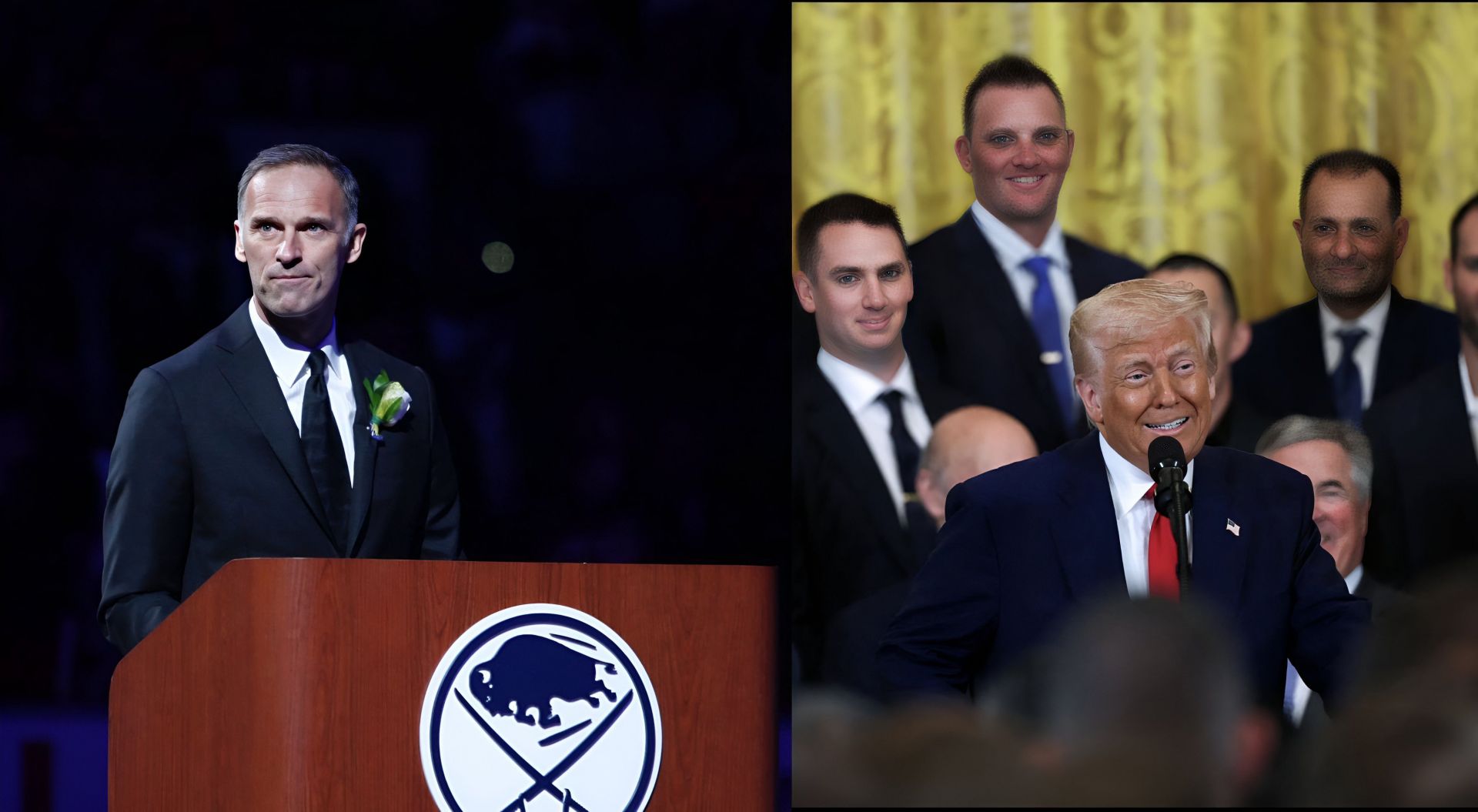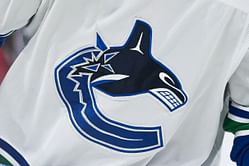
Source: Getty Images
The Nashville Predators, often nicknamed the Preds, are a professional ice hockey team hailing from Nashville, Tennessee, and currently compete in the National Hockey League as part of the Central Division in the Western Conference. Formed in 1997 as an expansion franchise, the Predators hit the ice for their first NHL season in 1998–99 andclinched their maiden playoff spot in 2003–04. Additionally, they have affiliations with two minor league teams: the Milwaukee Admirals in the AHL and the Atlanta Gladiators in the ECHL. The Predators are presently owned by Preadators Holdings LLC, a private company that also takes care of the day-to-day operations the Predators' home arena. Moving forward to on-field responsibilities, Roman Josi acts as the captain of the team while Andrew Brunette serves as the Head Coach of the team with Barry Trotz takes care as the general manager of the team.
What is the name of the Nashville Predators Arena?
The Arena where the Nashville Predators play their home games is called Bridgestone Arena. Located at 501 Broadway in Nashville, Tennessee, the arena has been the team's home since 1996 and can accommodate up to 17,159 spectators. The arena first opened its doors in 1996 and has since become a focal point for sports, concerts, and various live events in Nashville. It is affectionately referred to by fans as "Smashville."
The arena's design features modern architecture, including a large, rounded overhanging roof with expansive glass sections that offer views of the Nashville skyline. Adjacent to the arena is a glass cone-like structure serving as an entryway to the Nashville Visitors Center and the Tennessee State Sports Hall of Fame. Bridgestone Arena sits at the head of the Honky Tonk Highway and is surrounded by numerous bars, music venues, the historic Ryman Auditorium, and the Country Music Hall of Fame and Museum. This vibrant neighborhood adds to the arena's appeal as a premier entertainment destination.
Nashville Predators Arena History
Various name changes and renovations have marked the history of the Arena housing the Nashville Predators. When the Arena was completed in 1996, it was initially known as Nashville Arena. In 1999, the venue was renamed Gaylord Entertainment Center after the Predators signed a 20-year, $80 million naming rights contract with Gaylord Entertainment Company. However, in 2006, the agreement between the Predators and Gaylord ended, and the arena reverted to its original name. Following the termination of the Gaylord naming rights deal, the Arena was briefly known as Nashville Arena until May 18, 2007, when Sommet Group acquired the naming rights, leading to the venue being called Sommet Center. However, this partnership was short-lived as the Predators sued Sommet Group in 2009 for breach of contract, prompting the removal of Sommet's name from the Arena. On February 23, 2010, the Predators secured a naming rights deal with Bridgestone Americas, Inc., resulting in the Arena being renamed Bridgestone Arena, a name it still holds today.
The construction of Bridgestone Arena costed $144 million and over the years, the Arena has undergone several renovations to enhance the fan experience and modernize its facilities. Renovations have included changes to concession stands, infrastructure upgrades, and the installation of new scoreboard systems. Notable renovations include the replacement of the original scoreboard with a state-of-the-art "megatron" in 2007 and the installation of the "FangVision" scoreboard above center ice in 2019.
Nashville Predators Arena Capacity
Bridgestone Arena boasts a versatile seating capacity tailored to various events, accommodating 17,159 spectators for ice hockey, 19,395 for basketball, and 10,000 for half-house concerts. For end-stage concerts, the capacity extends to 18,500, while center-stage concerts can host up to 20,000 attendees, depending on the seating arrangement. The arena's unique layout includes features like two large round roof support columns at the south end, providing an intimate atmosphere with no mid-level seating and only one level of suites.
Bridgestone Arena can transform into the 5,145-seat Music City Theater for theater concerts and family shows, utilizing a stage at the north end and curtains to conceal the upper deck. Moreover, the arena offers 43,000 square feet of space in a trade show layout. Notable attendance records include Nate Bargatze's performance with 19,365 fans in April 2023, followed by Morgan Wallen's record of 19,292 attendees set six weeks earlier, and Kacey Musgraves' achievement of the highest attendance for a female headliner with 18,373 fans during the Oh, What a World: Tour.
Nashville Predators Arena Seating Chart
The Bridgestone Arena seating chart provides clear delineations of sections, each with its own row and seat numbers for easy navigation. Premium seating options include hockey-only suites, providing exclusive amenities such as private restrooms and premium parking passes. The arena's layout positions the Predators' bench in front of section 116, while visitors occupy section 115. Additionally, the penalty box is situated in front of sections 105 and 106. Optimal seating sections for a Predators game are 105 & 106 and 115 & 116, located on center ice on the lower level, offering prime views behind the team benches and penalty boxes. Handicapped and ADA seating is available at the top of most sections, ensuring accessibility for all attendees.
The following is the seating arrangement created for the fans in the Bridgestone Arena for the games:

Source: eventticketscenter
What is the parking cost at Nashville Predators Arena?
The parking cost at Bridgestone Arena varies depending on the event and the parking lot one chooses. However, prices typically start at around $10-$20 for general parking. Some premium parking options may cost more.
The following is the parking map of the Bridgestone Arena:

Nashville Predators Arena Notable Events
Bridgestone Arena, beyond its role as the home of the Nashville Predators, stands as a hub for a diverse array of notable events. Annually hosting prestigious ceremonies like the CMA Awards and CMT Music Awards has become an integral part of Nashville's entertainment landscape. Additionally, the arena has been the venue for significant sports events such as the 2003 NHL Entry Draft and the 61st NHL All-Star Game in 2016. Beyond sports and music, Bridgestone Arena has also welcomed gatherings like the North American Youth Congress. Moreover, it played a pivotal role during the 2017 Stanley Cup Finals, hosting several crucial games.
